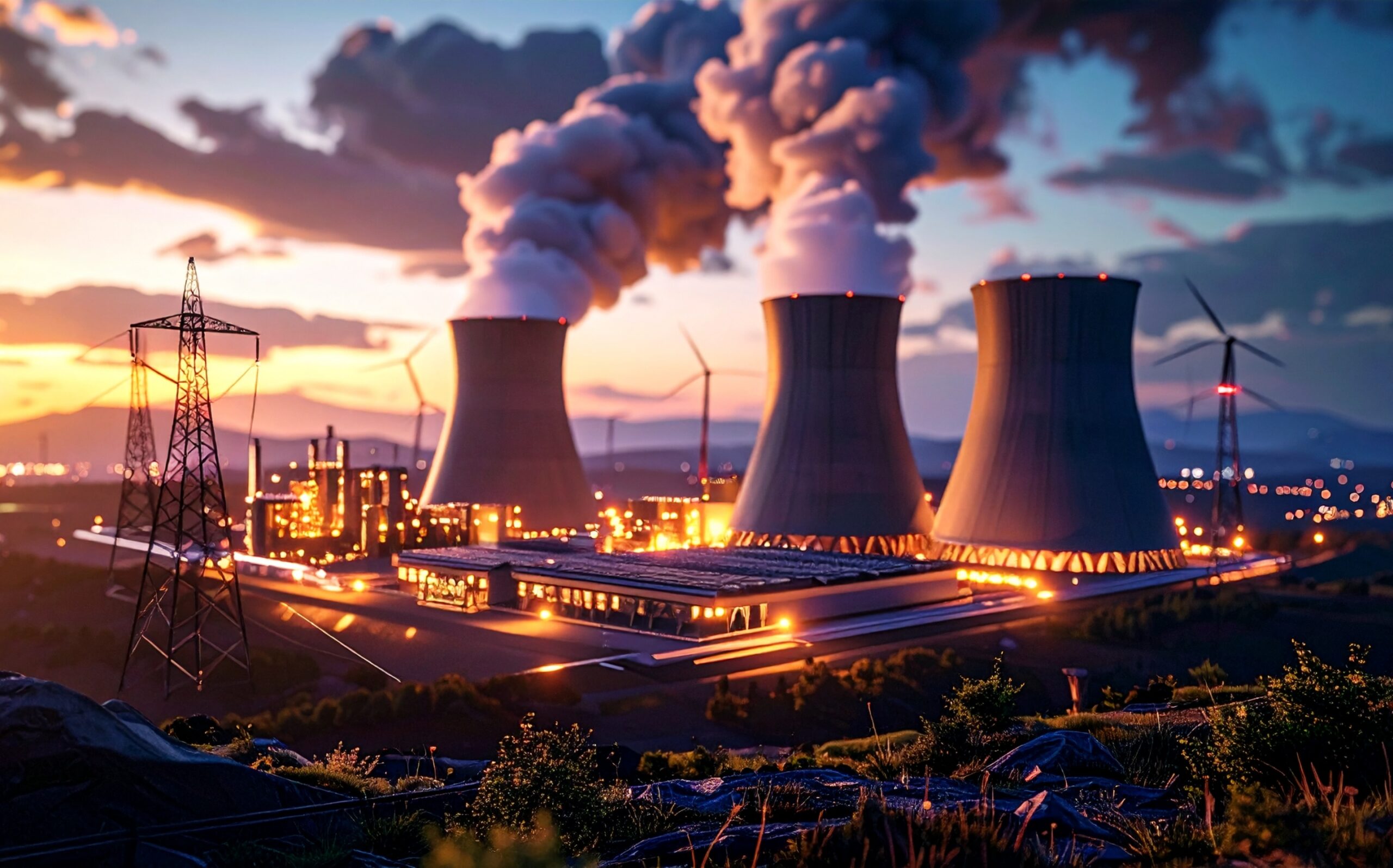
Ep 176 | Pedro Prieto
Pedro Prieto – Fragile Electric Grids: Did Renewables Cause the Blackout in Spain?
Description
Last week, Europe experienced its worst blackout in living memory, which plunged tens of millions of people across Spain and Portugal into darkness for up to 18 hours. Life screeched to a halt, with trains, traffic lights, ATMs, phone connections, and internet access failing. In the aftermath, many important questions have arisen, including: what caused such a widespread grid failure, and how can Europe and other nations prepare for the next time an event like this happens?
In today’s episode, Nate is joined by Pedro Prieto to discuss the recent blackout in the Iberian Peninsula, exploring its causes, impacts, and the role of renewable energy in the stability of the electric grid. Prieto highlights the societal and infrastructural challenges that his home country faced, emphasizing the need for a balanced approach to energy management, as well as the interconnectedness of energy systems and societal resilience. The discussion delves into the complexities of energy demand and supply, the importance of backup systems, and the future of renewable energy in Spain.
Are developed countries more vulnerable to blackouts than those that are still developing? How does renewable energy act as a double-edged sword, adding stability or fragility to energy infrastructure, depending on how it’s used? How might developed countries learn lessons from this widespread blackout, including policy changes or reducing energy dependence in the face of future energy challenges?
About Pedro Prieto
Pedro is the vice president of the Asociación para el Estudio de los Recursos Energéticos (AEREN). AEREN is an open space for debate and communications on energy issues and their role in demography, development, economy and ecology. Pedro was a member of the board at ASPO International with AEREN representing ASPO in Spain. Since 2004, Pedro has led several solar photovoltaic projects in Spain, a leading world country in solar PV penetration. Pedro co-authored Spain’s Photovoltaic Revolution. The Energy Return on Investment, that challenged the conventional energy boundaries considered up to the moment for calculations.
In French, we have a motto that says that a simple drawing is often better than a long explanation. Jean-Marc Jancovici Carbone 4 President
That’s very understandable because with left atmosphere thinking, one of the problems is that you see everything as a series of problems that must have solutions. Iain McGilchrist Neuroscientist and Philosopher
We can’t have hundreds and hundreds of real relationships that are healthy because that requires time and effort and full attention and awareness of being in real relationship and conversation with the other human. Nate Hagens Director of ISEOF
This is the crux of the whole problem. Individual parts of nature are more valuable than the biocomplexity of nature. Thomas Crowther Founder Restor
Show Notes & Links to Learn More
Download transcript00:00 – Pedro Prieto, Pedro’s previous Reality Roundtable, Pedro’s speculations on Blackout causes
02:09 – Iberian Peninsula Blackout, NASA Map of Blackout, The Agonizing Task of Turning Europe’s Power Back On
02:24 – Figure 1, Figure 2, Source
02:50 – Chaos in Spain during the Blackout
03:15 – Part of France was affected, but immediately stabilized
03:31 – 3 of Spain’s 7 nuclear power plants were not in service
04:20 – Upton Sinclair’s quote
04:45 – Speculation on the causes of the Blackout
06:48 – Brazil’s response to blackouts and brownouts
07:49 – Uninterruptible power supply
09:40 – Copper wire vs. Fiber optics
10:42 – Many water systems rely on electricity, Same with pipeline natural gas
12:56 – Community during the Blackout
14:45 – Spain’s Photovoltaic Revolution
15:30 – Spain is one of the biggest producers of renewables
16:53 – Percentage renewable energy powering Spain’s electricity
17:26 – Hydropower is more reliable than solar and wind
18:01 – Intermittent energy
18:06 – Spain’s renewable exports
19:03 – Spain’s electric system frequency, Alternate Current vs Direct Current
19:45 – Electricity systems are prepared to defend themselves
20:05 – Inertia and the power grid
20:18 – Power station
21:00 – Operating reserves for electric systems
21:20 – Synchronous Energy Systems
21:59 – Antonio Turiel, prior TGS Episode + Roundtable
22:07 – Power Inverter, Photovoltaic System, Combined Cycle Energy
23:13 – Balancing feedback loop, Negative and Positive feedback loops
25:50 – 19 Terawatt Society, Energy consumption by source
29:00 – Beatriz Corredor, Comments on Blackout
29:54 – Energías Renovables Spanish Magazine
30:32 – Upcoming renewable projects in Spain
31:38 – Nate’s PhD thesis
34:30 – Iraq War, Baghdad blackout, Current Iraq grid issues
37:30 – Energy Blindness
40:25 – Pumped-Storage Hydropower system
41:26 – Lithium-ion battery costs
41:40 – Tom Murphy’s “Do the Math” blog (TGS Episode, Frankly and Reality Roundtable)
43:00 – Renewables could power civilization, just not this one
48:40 – After basic needs, the best things in life are free
48:42 – Jean-Marc Jancovici (TGS Episodes 1+ 2), “Sobriété”
50:45 – More than half of the human population live in urban areas
51:15 – The Superorganism
51:45 – The Great Simplification
53:40 – Spain’s prosocial culture







